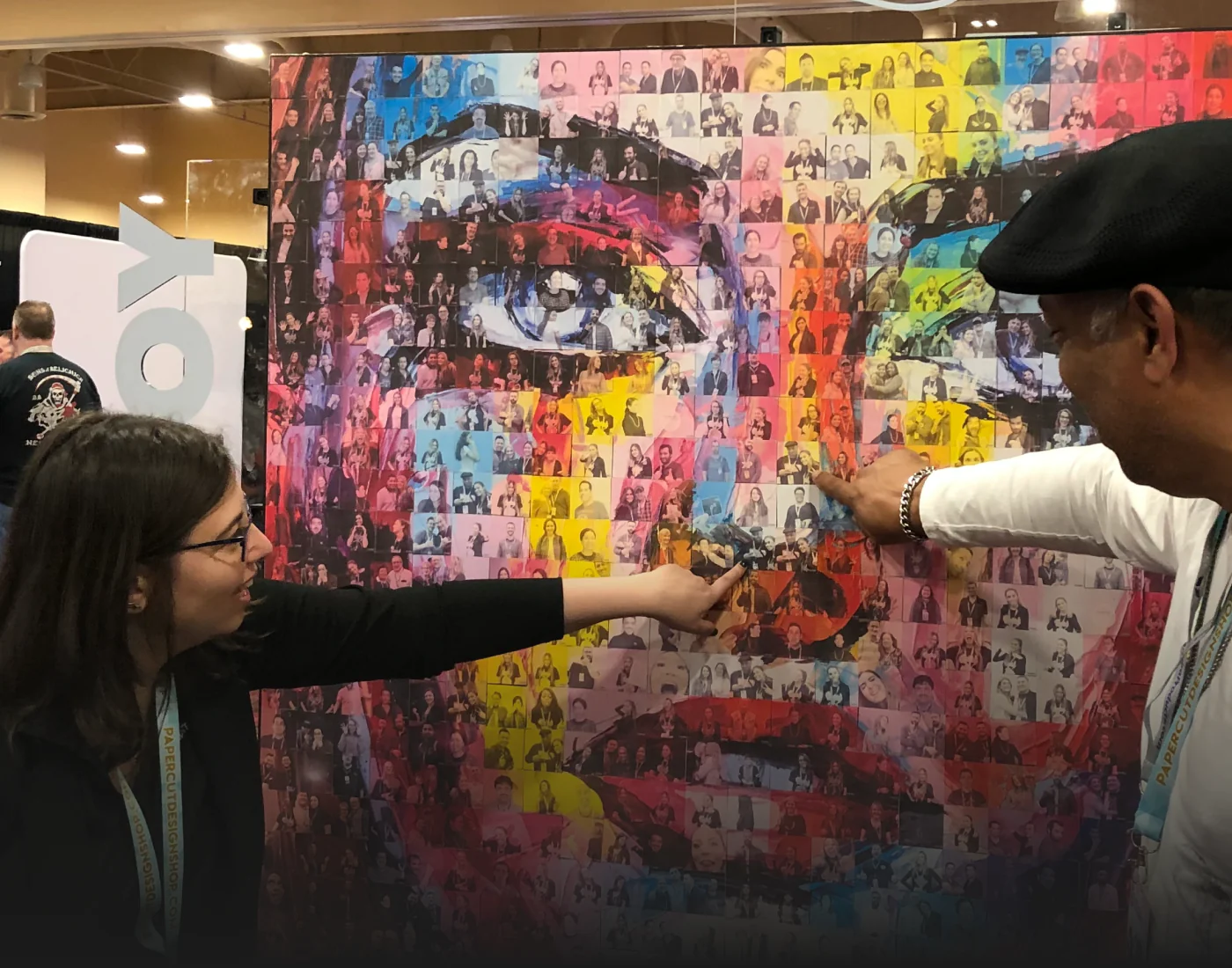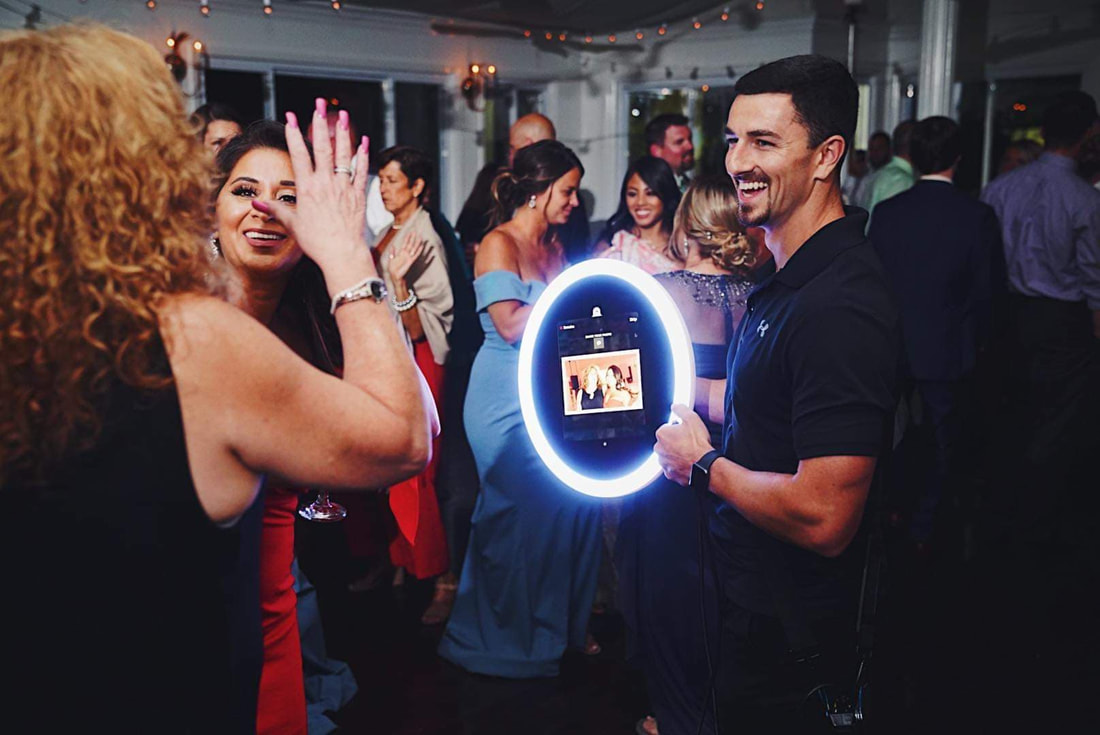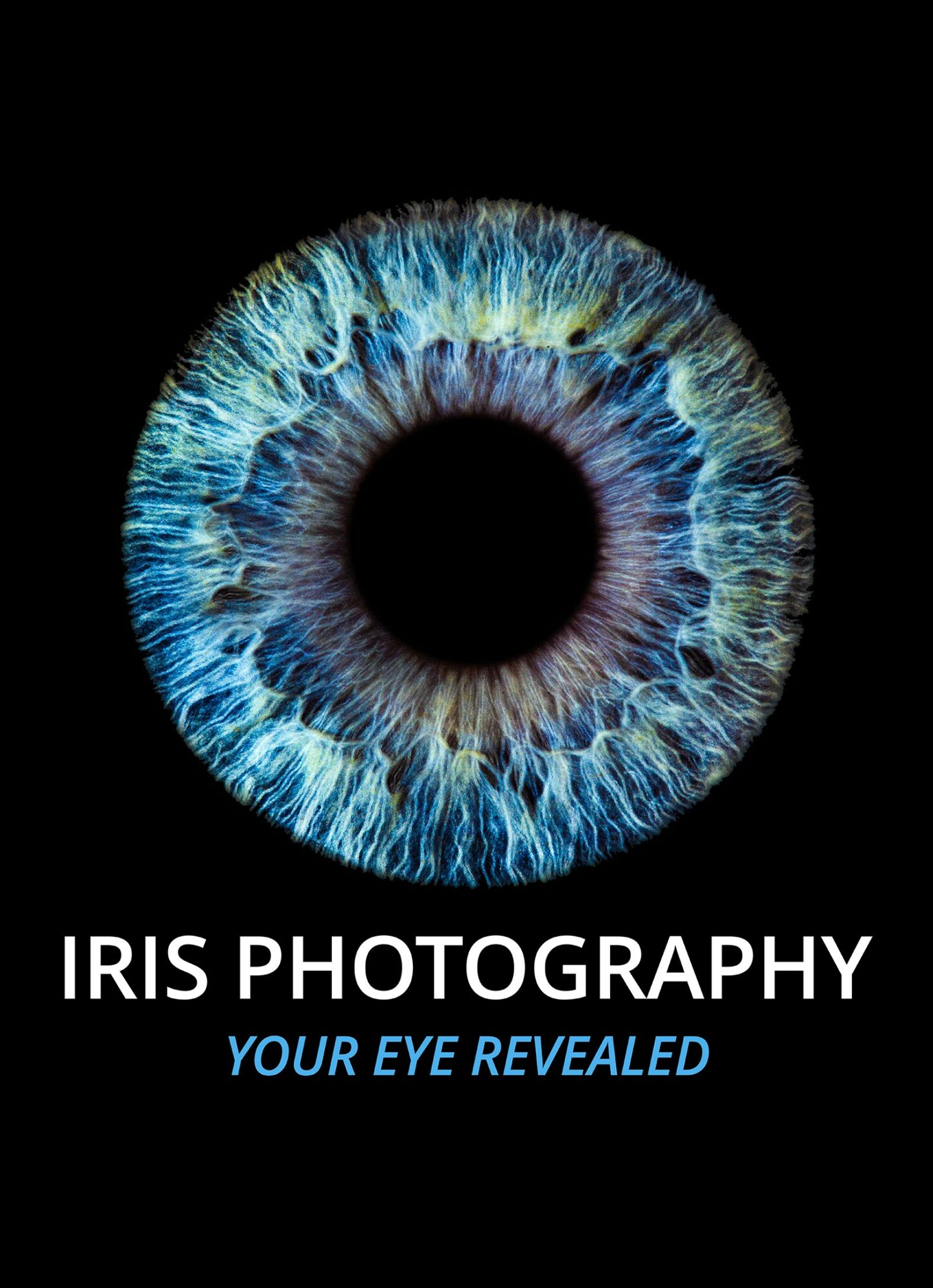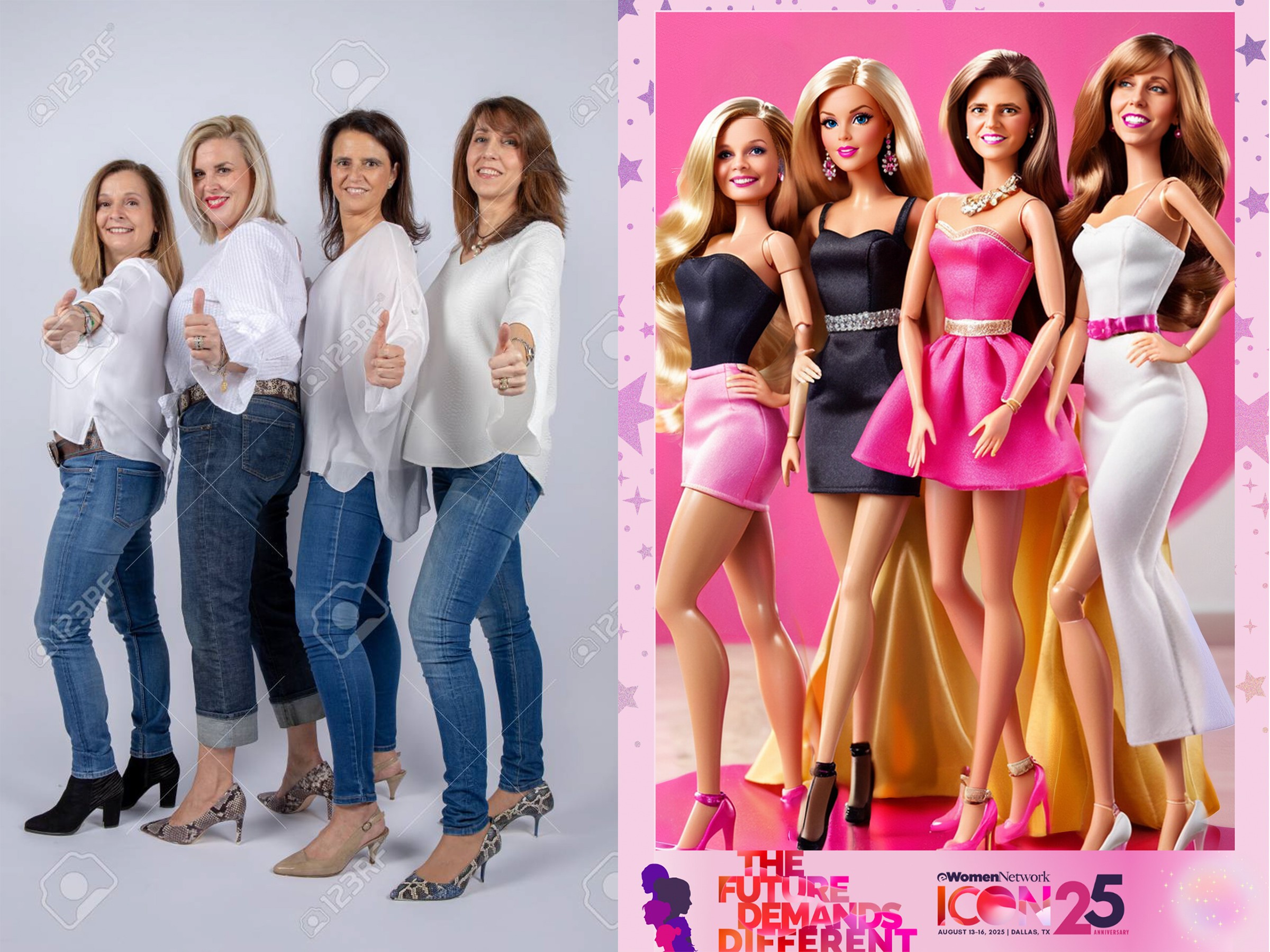

We recently had the chance to connect with Dennis Walthers and have shared our conversation below.
Dennis, a huge thanks to you for investing the time to share your wisdom with those who are seeking it. We think it’s so important for us to share stories with our neighbors, friends and community because knowledge multiples when we share with each other. Let’s jump in: What’s more important to you—intelligence, energy, or integrity?
For me, when I think about people I work with—or people who work for me—it’s almost easier to start with what I don’t want to see. Lethargy, lack of caring, and being uninvolved are real deal-breakers. In business and in life, those qualities drag everything down.
On the other hand, when I meet someone who’s bright, witty, and engaged—someone who’s sharp, prepared, and brings valuable information to the table—it’s refreshing and energizing. That type of presence lifts the room.
Of course, integrity has to be a constant. Intelligence without integrity can be dangerous, and energy without direction can be wasted. But when you combine integrity with people who bring genuine curiosity, drive, and involvement, you get the kind of team members and partners who move businesses forward.
Can you briefly introduce yourself and share what makes you or your brand unique?
My name is Dennis R. Walthers, and I’m the Founder and CEO of Interactive Dallas, an experiential technology company based here in the Dallas–Fort Worth area. After spending more than 20 years in leadership roles at global tech brands like Cisco, Polaroid, and D-Link, I shifted gears to follow a passion—bringing creativity, innovation, and cutting-edge technology into live events.
Interactive Dallas is all about creating moments people don’t forget. We specialize in activations that blend art, technology, and personalization—things like AI-powered photo booths, Aura and Iris photography, digital graffiti walls, GlamBOT slow-motion video, and immersive LED and VR experiences. What makes us unique is that we don’t just show up with “a photo booth.” We design activations that help brands tell their story in a way that’s shareable, memorable, and ROI-driven.
Right now, we’re working on new AI-driven activations that make events feel more personal than ever before—things like real-time aura readings, interactive wellness lounges, and sports jersey personalization that let guests walk away with something totally unique to them.
At the end of the day, I see Interactive Dallas as more than an event company. We’re an innovation partner for brands and planners who want to stand out, connect with audiences, and deliver something fresh in a very crowded market.
Great, so let’s dive into your journey a bit more. What breaks the bonds between people—and what restores them?
For me, it all comes down to trust. Relationships break when trust is lost—whether that’s someone not following through, going behind your back, or simply showing you that their word doesn’t mean much.
On the flip side, trust is also what restores and strengthens bonds. In business, my team and I work hard to earn that trust with our clients. We know they’re counting on us to show up on time, deliver as promised, and create experiences that live up to the investment they’re making.
We’ve been fortunate to build relationships where our clients know they don’t have to hover or double-check. They trust us enough to let us run with it, and that level of confidence is something I never take for granted. Trust, once established, becomes the foundation that makes everything else possible.
When did you last change your mind about something important?
For me, changing my mind—or adjusting the path I’m on—isn’t a sign of weakness, it’s a necessary part of success. Taking corrective action mid-stream is critical if you want the right outcome. Too often I’ve seen leaders lock into a decision and refuse to adjust, even when they’re getting clear feedback that it’s not working. That usually ends in failure.
In my own work, I’ve had plenty of moments where something I thought would be a big hit turned out to be underwhelming, or demand wasn’t what I expected. On the other hand, I’ve also been surprised by ideas I didn’t think would be strong, only to see them exceed expectations. Those experiences remind me that flexibility is key—don’t be afraid to change your mind, shift direction, and take a corrective course when it’s needed.
Sure, so let’s go deeper into your values and how you think. Where are smart people getting it totally wrong today?
I think a lot of smart people get it wrong when they confuse being “right” with being effective. You can have all the intelligence in the world, but if you’re rigid, dismissive of feedback, or unwilling to adjust, you end up missing the bigger picture.
In business especially, I see talented leaders set a course and refuse to deviate—even when the data, the market, or their own teams are telling them otherwise. That stubbornness isn’t a strength; it’s a liability.
The smartest people I’ve worked with aren’t the ones who know it all—they’re the ones humble enough to listen, flexible enough to adapt, and confident enough to admit when a new direction makes more sense.
I’ve witnessed firsthand how poor leadership decisions can ripple through an entire organization. When I was Vice President at Cisco Systems, a new leader joined our team through an acquisition. He was a very bright entrepreneur, but he failed to recognize that chasing extreme growth often comes with a cost.
Instead of setting an ambitious but achievable goal—say 20% year-over-year growth, which would have made him a hero—he pushed the organization to double the business in a single year. That aggressive target created massive strain across the company, especially in manufacturing. We couldn’t produce product fast enough, and the only way to keep up was to airfreight shipments. The result? The company hit its growth goal and even outperformed the next five competitors combined, but it came at a huge financial loss because margins were wiped out by freight costs.
The irony is that, on paper, it looked like an incredible achievement. But within a month, he was relieved of his position, and the entire team was dissolved. It was a painful but powerful lesson: leadership isn’t just about bold vision—it’s about balance, sustainability, and understanding the downstream impact of your decisions.
Thank you so much for all of your openness so far. Maybe we can close with a future oriented question. What do you understand deeply that most people don’t?
What I understand deeply is that customers want more than a product or service—they want a positive experience. And unfortunately, I see a lot of complacency in the marketplace today. Too many businesses hide behind technology, with no phone number, no chatbot, no way to actually reach someone. And even if they do provide a number, you’re greeted by an automated attendant rattling off hours of operation, directions, and endless menu options before you can get real help.
I find that ironic, because at the end of the day, people just want to talk to someone knowledgeable who can assist them. I actually think this is where AI will step in and do a better job, because humans seem less willing to help humans.
In my own business, I go the opposite direction: I answer my phone within two rings, reply to emails within an hour, and make it a priority to deliver a personal, positive experience. That’s what builds trust and long-term relationships. I’ve learned that if you focus on responsiveness and care, you stand out—because sadly, that’s becoming rare.
Contact Info:
- Website: https://Interactivedallas.com
- Instagram: @dwalthers
- Linkedin: https://www.linkedin.com/in/denniswalthers/
- Twitter: https://x.com/InteractiveDall
- Facebook: https://www.facebook.com/dwalthers1
- Youtube: https://www.youtube.com/@dwalthers






Image Credits
Dennis Walthers










